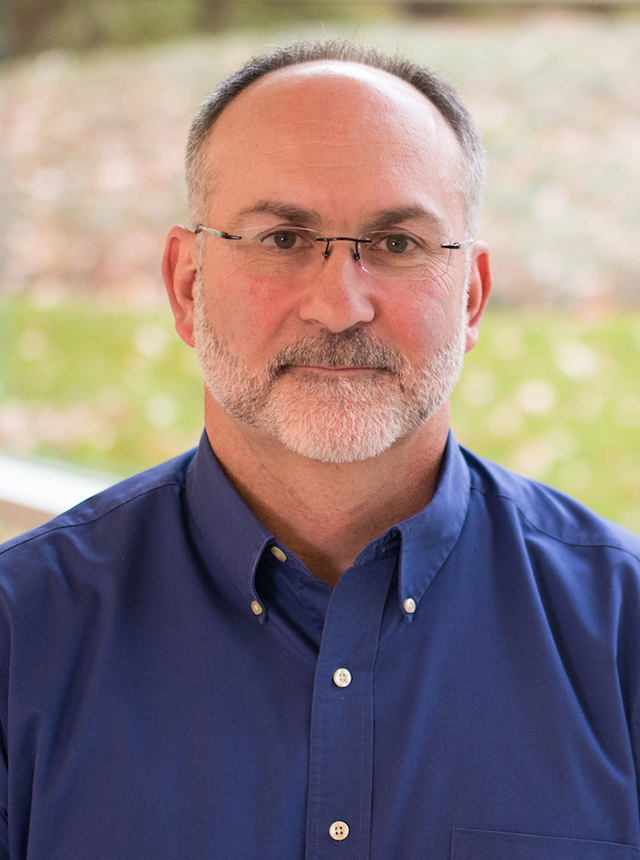
Study: Some Ribosomal Proteins Are More Complex and Multi-Faceted Than Previously Understood
-
Researchers from Fox Chase Cancer Center challenged the notion that ribosomal proteins are static and perform only the function of translating RNA to protein, finding that they are dynamic and can influence cellular processes by performing “extraribosomal” regulatory functions involving binding to select, critical target mRNAs. The study appears in Cell Reports.
Led by David Wiest, PhD, deputy chief scientific officer at Fox Chase, researchers found that Rpl22 and Rpl22-Like1 perform the previously undetected function of regulating RNA splicing in the nucleus. The regulation of splicing is critical for establishing the body plan, a process termed morphogenesis. When mutations inactivate Rpl22-Like1, the formation of the body plan is disrupted because of the loss of the ability of Rpl22-Like1 to regulate splicing, rather than alterations in the function of ribosome.
Disorders of ribosome dysfunction include Diamond-Blackfan anemia, Schwachman-Diamond syndrome, and Treacher Collins syndrome. These rare, inherited diseases are characterized by cranial and facial abnormalities, defects in blood development, and increased cancer risk.
"The discovery demonstrates that one should always keep an open mind about the potential functions of a particular protein," Wiest said.
“We are too often constrained in our thinking about what proteins do because of what they are called,” Wiest said. “In this case, we found they have a completely separate function that wouldn’t normally be considered.”
Wiest’s advocacy for basic science research as a way to advance understanding of cancer is influenced by the philosophy of Stanley P. Reimann, MD, founder of the Institute for Cancer Research, which would later become the Fox Chase Cancer Center. Early in his career, Reimann established a research program to study fundamental processes in normal cells in order to better understand tumor cells.
